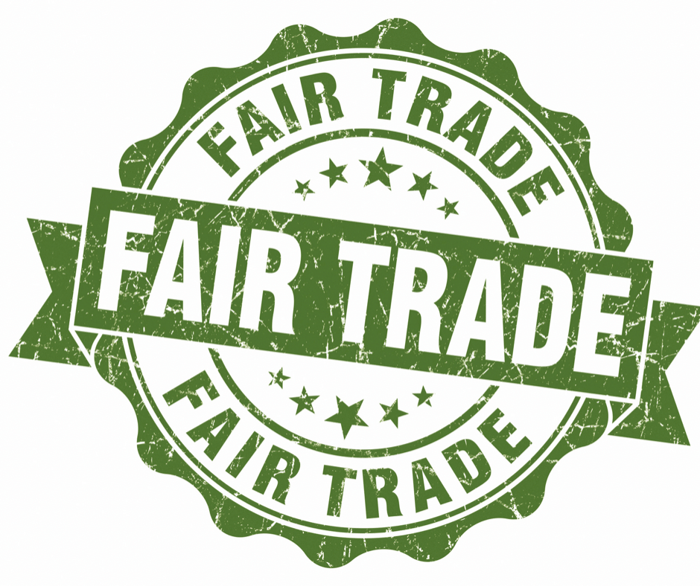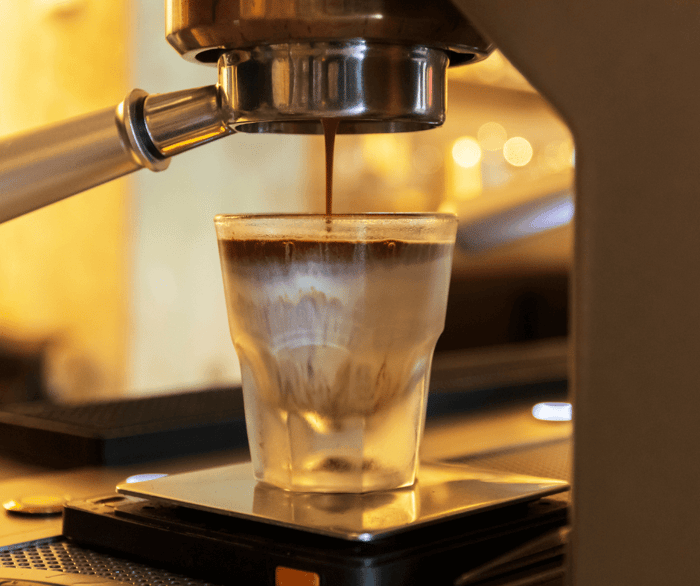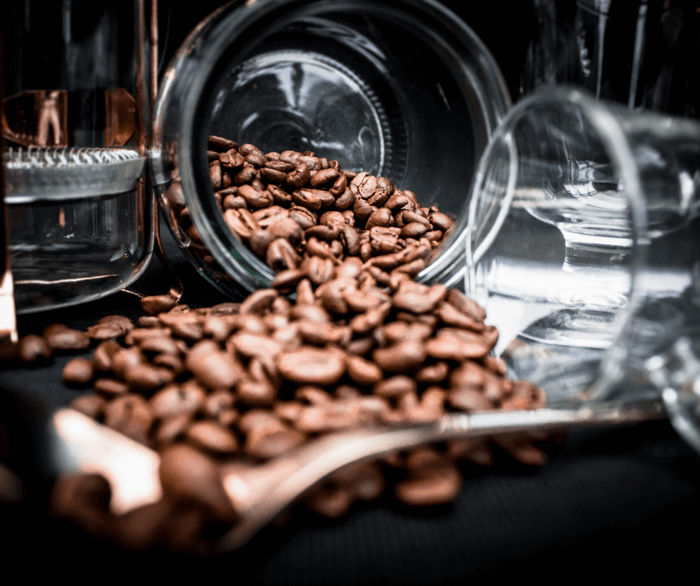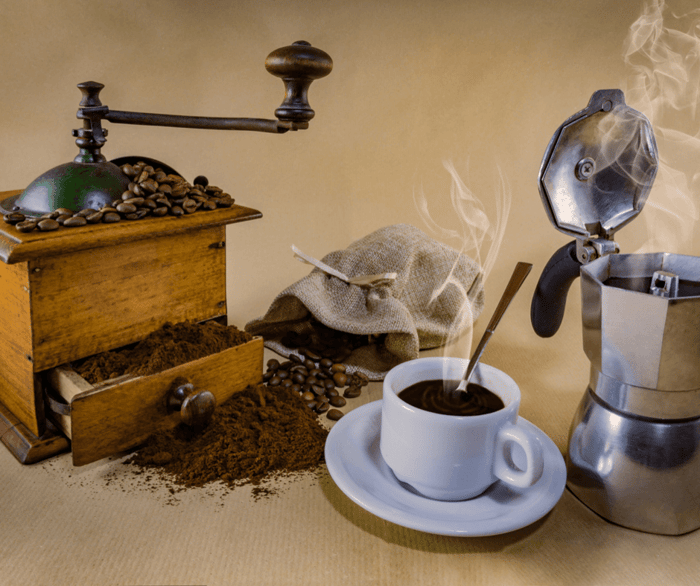It can be confusing trying to figure out which type of trade is best for ethical coffee shopping. Do you go for the coffee that proudly advertises itself as "fair trade," or wait—is "direct trade" supposed to be better?
Well, luckily, I'm here to help clear things up. Here's a quick guide to help you understand the difference between these two terms.
Direct Trade Coffee
Let's start with the (probably) lesser-known term: direct trade. Direct trade coffee is a type of coffee that's sourced directly from the farmer or a cooperative.
In other words, it's a type of trade where coffee growers sell their beans directly to roasters, cutting out the middlemen. This allows coffee growers to get a higher price for their beans, since they don't have to pay commissions to said middlemen.
Direct trade can be difficult to establish, however, as it requires a lot of trust between the grower and the roaster. A con of direct trade is that it can create a power imbalance, as the roaster has more power in the relationship. This means that the roaster can dictate the price of the beans, and the grower may not be able to negotiate a fair price—so it's possible they could end up getting paid less than they would have through a fair trade relationship.
Pros:
At the end of the day, the benefit of Direct Trade coffee is that it allows coffee growers to get a fair price for their beans.
Cons:
There is a potential for power imbalance between the grower and roaster.
Fair Trade Coffee
Fair trade, on the other hand, is a type of trade that ensures growers receive a minimum price for their beans, regardless of the market price. It's a system of trading that is designed (at least) to promote more equitable and sustainable relationships between farmers/producers and consumers. It involves setting standards for how products are sourced and traded, and ensuring that farmers receive a larger share of the final sale price.
This protects growers from being taken advantage of by buyers who may try to lowball them. However, it's still possible that growers may not always get the highest possible price for their beans.
Some coffee companies will buy directly from farmers, but will also buy from Fair Trade cooperatives. This means that the farmers still get a fair price for their beans, but they may not necessarily be getting the highest price.
Pros:
The main benefit of Fair Trade coffee is that it ensures growers receive a minimum price for their beans, regardless of the market price.
Cons:
Coffee growers may not always get the highest possible price for their beans.
Final Thoughts
As you can see, there are some similarities between fair trade and direct trade:
- They're both intended to improve wages/profits for farmers.
- They're both intended to create more sustainable/ethical relationships between farmers and coffee companies.
- But they can still both be risky relationships for farmers (and roasters).
So, which type of "trade" should you look for? That depends on your priorities.
If you're looking for coffee that supports growers and gives them a fair price, then Fair Trade coffee is a good option. If you're interested in supporting small farmers and cutting out middlemen, then Direct Trade coffee is a good option.
Notice anything similar about both of them?
Yep, they're both, ostensibly, good for coffee growers. Though, like with any system, there are always cracks and potential drawbacks to both types of trade. That doesn't make them bad, it just means they're not as perfect an indicator of ethics as one would hope.
At the end of the day, it's important to do your research and find a coffee company that you trust—one that sources its coffee beans in a way that you're comfortable with.
There's no perfect trade system in the world of coffee, but if we all do our part to educate ourselves and support the farmers and the roasters that work so hard to bring us our coffee every morning—we can make a difference.
Want More Coffee Content?
- Daily Coffee Grind - Click Here
- Coffee Reviews - Click Here
- Coffee Brewing Guides - Click Here
- Coffee Brewer Reviews - Click Here
- All Things Tea - Click Here
- How Much Caffeine Is In It? - Click Here









